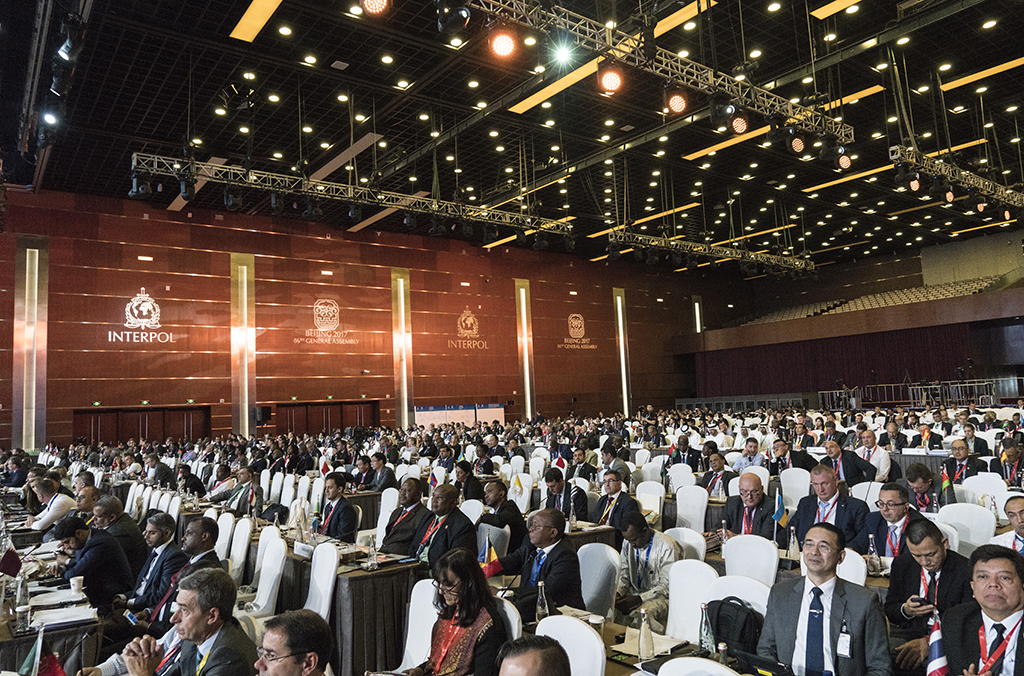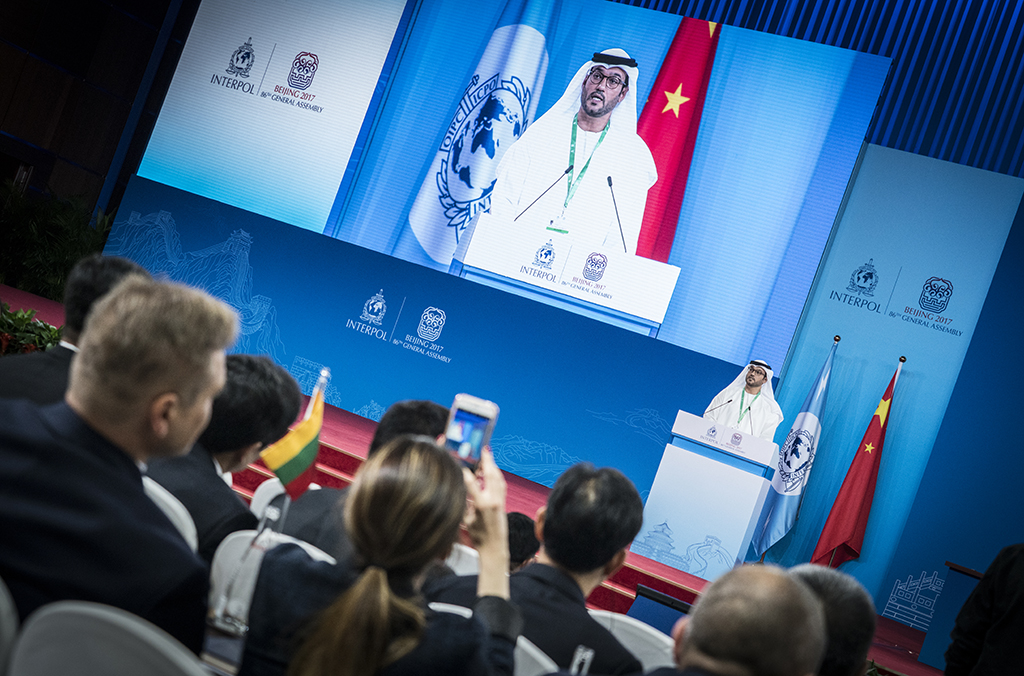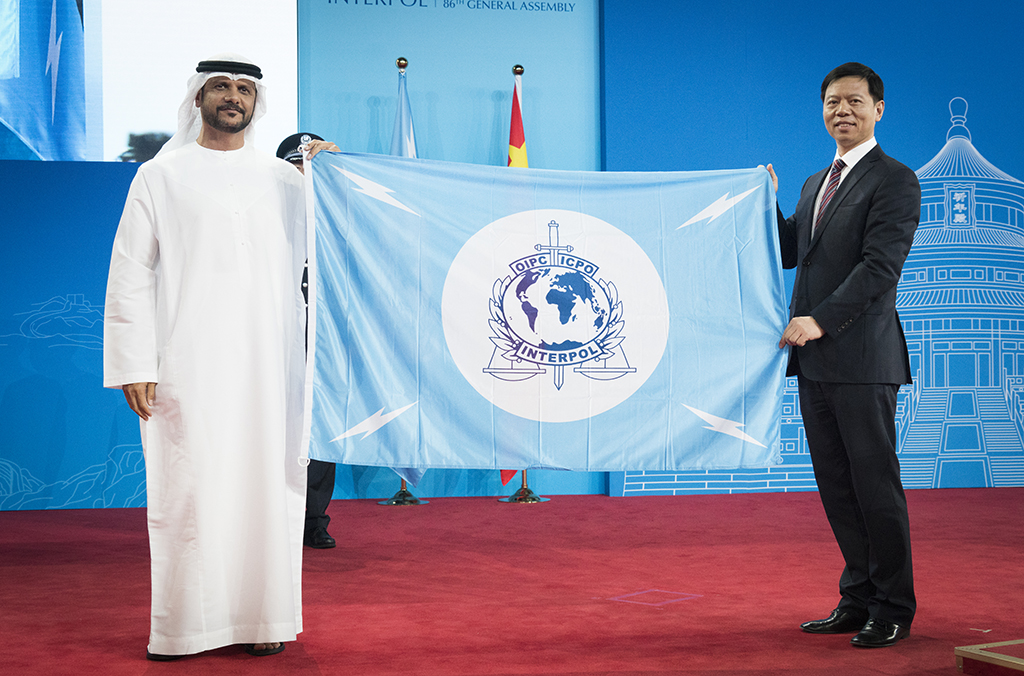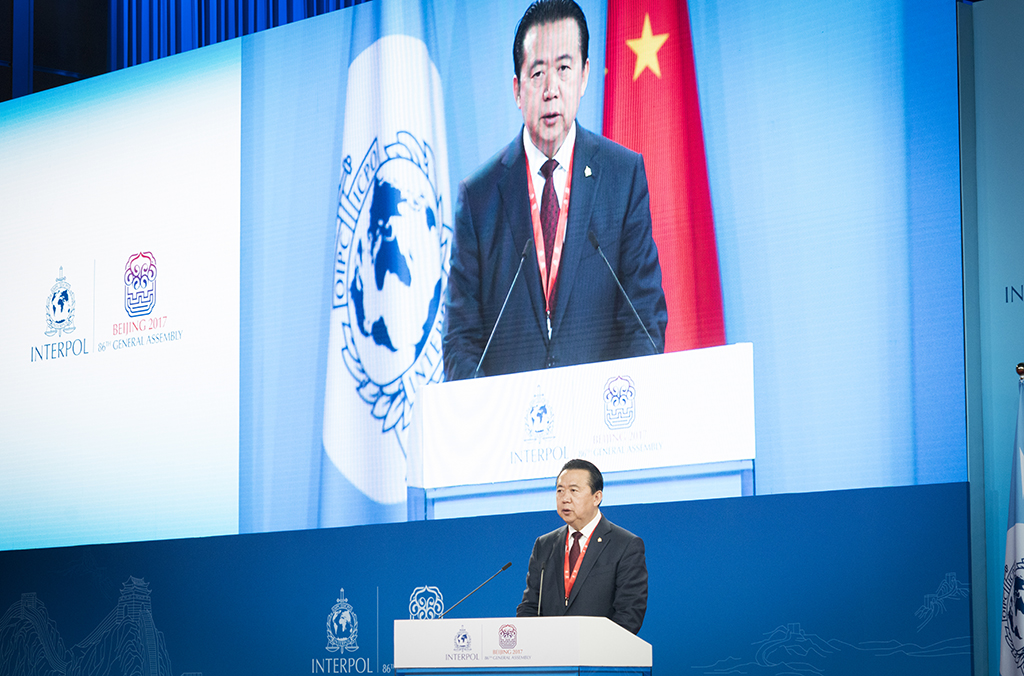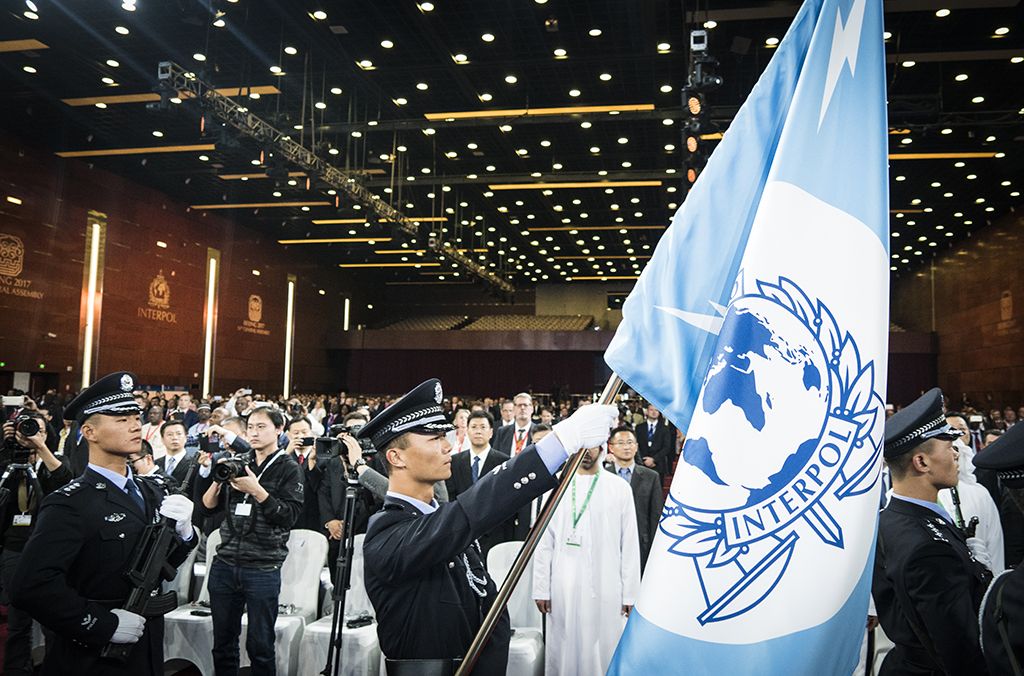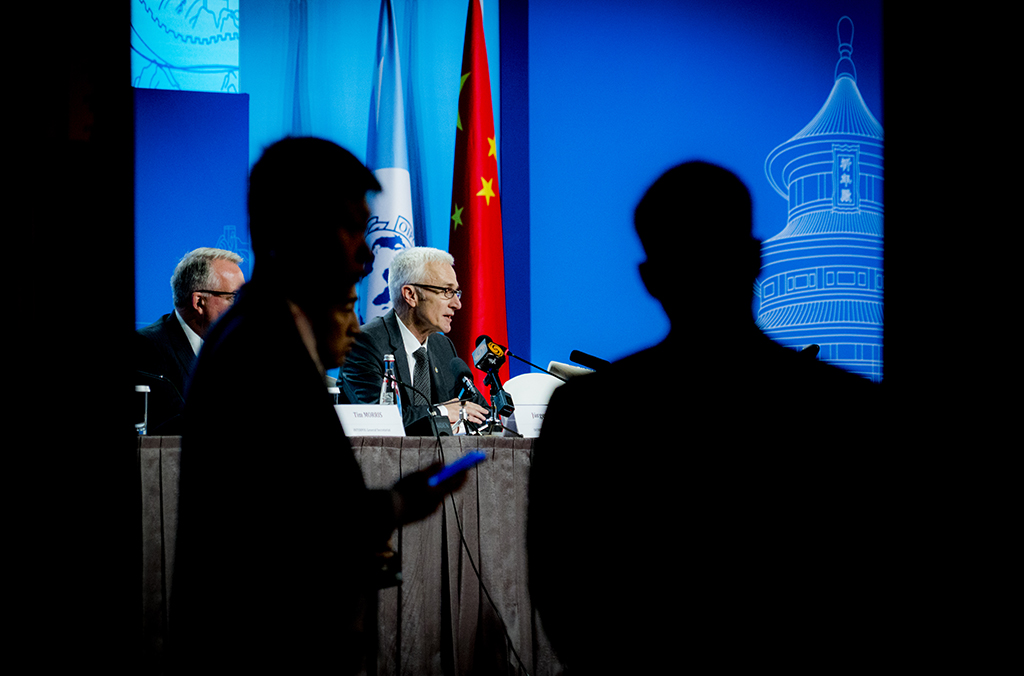BEIJING, China – To avoid refugee status being abused by criminals and terrorists, INTERPOL’s General Assembly has officially adopted a policy on the processing of data on refugees.
The resolution, which was overwhelmingly endorsed by delegates, outlines a range of measures which should be taken by member countries during the asylum application process. These include:
- systematically checking INTERPOL’s databases
- use of INTERPOL’s Information System to exchange information
- establishing the relevant protocols to enable regular communication between the authorities in charge of reviewing asylum applications and the relevant INTERPOL National Central Bureau/s
- expanding to all relevant authorities, including border control and authorities in charge of reviewing asylum applications, access to the INTERPOL Information System
In accordance with their national laws and confidentiality requirements, the policy also encourages member countries to inform INTERPOL’s General Secretariat headquarters, or the Commission for the Control of INTERPOL’s Files, if an individual has been granted refugee status and on the outcome of an asylum application review.
“This resolution strikes a balance between enhancing international police cooperation and providing adequate and effective safeguards to protect the rights of refugees,” said INTERPOL Secretary General Jürgen Stock.
The resolution formalizes the policy which has been applied to the processing of Red Notices and diffusions against refugees endorsed by INTERPOL’s Executive Committee in June 2014.
It is also in line with the United Nations Security Council resolutions which call on all countries to take appropriate measures to ensure that refugee status is not abused by the perpetrators, organizers or facilitators of terrorist acts.
Underlining INTERPOL’s unique role in law enforcement cooperation, participants also supported the Organization’s seven global policing goals for 2030 on key security topics such as:
- countering terrorism
- promoting border integrity
- protecting vulnerable communities
- securing cyberspace
- promoting global integrity
- curbing illicit markets, and
- supporting environmental security
Secretary General Stock said a collective effort to address evolving security threats was needed more than ever, with INTERPOL the natural custodian of global law enforcement interests.
The four-day conference, which concluded today, brought together nearly 1,000 senior law enforcement officials and government ministers from 156 countries.
In all, the General Assembly adopted 19 resolutions including a resolution interpreting Article 4 of the Constitution which governs the criteria under which countries can apply for membership of the Organization, and a resolution limiting the term of office of the Secretary General to two five-year mandates.
The next session of the General Assembly will take place in Dubai, United Arab Emirates, in November 2018.




